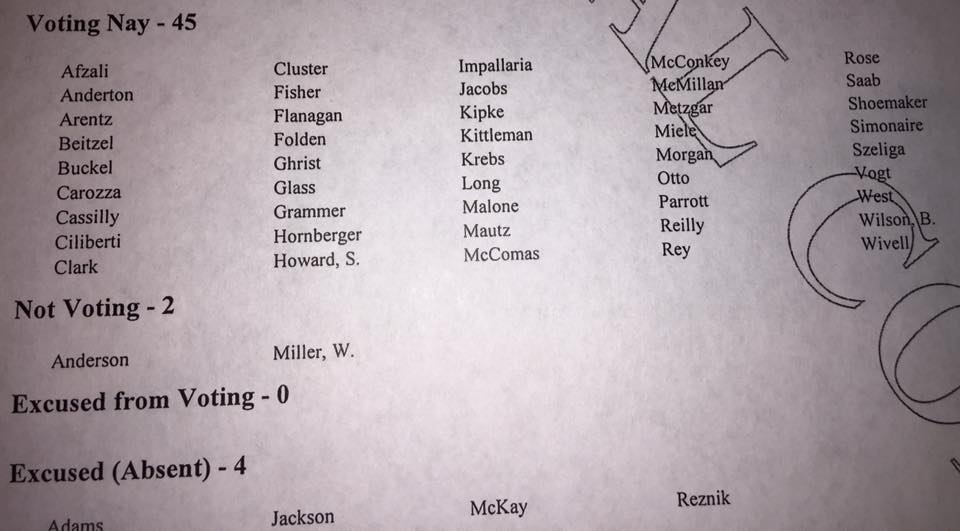By Adam Pagnucco.
After Republicans in Congress voted to allow Internet service providers to sell their customers’ browsing histories and other personal data without their consent, Delegate Bill Frick (D-16) took action to block such practices in Maryland. But one group was able to prevent the General Assembly from even voting on whether to allow such conduct in the Free State.
You guessed it: Republican state lawmakers.
Bills in Annapolis face deadlines for introduction so that each chamber has adequate time to send them to committees, hold hearings and votes, and reconcile them if different versions pass. But Congress’s action to legalize Internet providers’ scamming of their customers took place only days ago and Sine Die, the last day of the Maryland General Assembly’s 2017 regular session, is approaching on April 10. Delegate Frick, who is known for introducing consumer protection bills, had to act fast. The Maryland Constitution requires two thirds of state legislators to agree to let a bill be introduced in the last 35 days of session. So Frick quickly drafted a bill to outlaw the scamming that Congress allowed and asked his colleagues in the House of Delegates to allow its introduction. He needed 94 votes. He got 90.
Frick posted a partial screenshot of the vote page on Facebook (below). Delegate Kumar Barve (D-17) posted the full tally. Every single Delegate who voted against the bill’s introduction was a Republican. So were all the Members of Congress who voted to roll back federal Internet privacy rules in the U.S. House and the U.S. Senate.

What did the Republican Delegates block from being voted on? Frick’s bill was a simple one. It would have made it an unfair or deceptive trade practice in Maryland for Internet service providers to sell or transfer their customers’ names, social security numbers, addresses, IP addresses and browsing histories without their affirmative permission. It also would have banned them from showing ads derived from browsing histories and denying service to customers who refused to allow their personal information to be shared. The bill made an exception for information subject to a subpoena, summons, warrant or court order.
One Republican Delegate who voted against introducing Frick’s bill, Nic Kipke of Anne Arundel County, told the Associated Press that Internet privacy is “a national issue, and a Maryland bill would just drag Washington politics into the state.” Great! So when millions of Marylanders get scammed by Internet predators, the state legislators who represent them should do nothing. Nigerian princes, British lottery officials and offshore bank investors rejoice!
GOP politicians have been known for their squabbling in recent years, but on this one thing, they agree: your personal Internet data should be bought and sold without your knowledge or consent. Remember that in November 2018.
